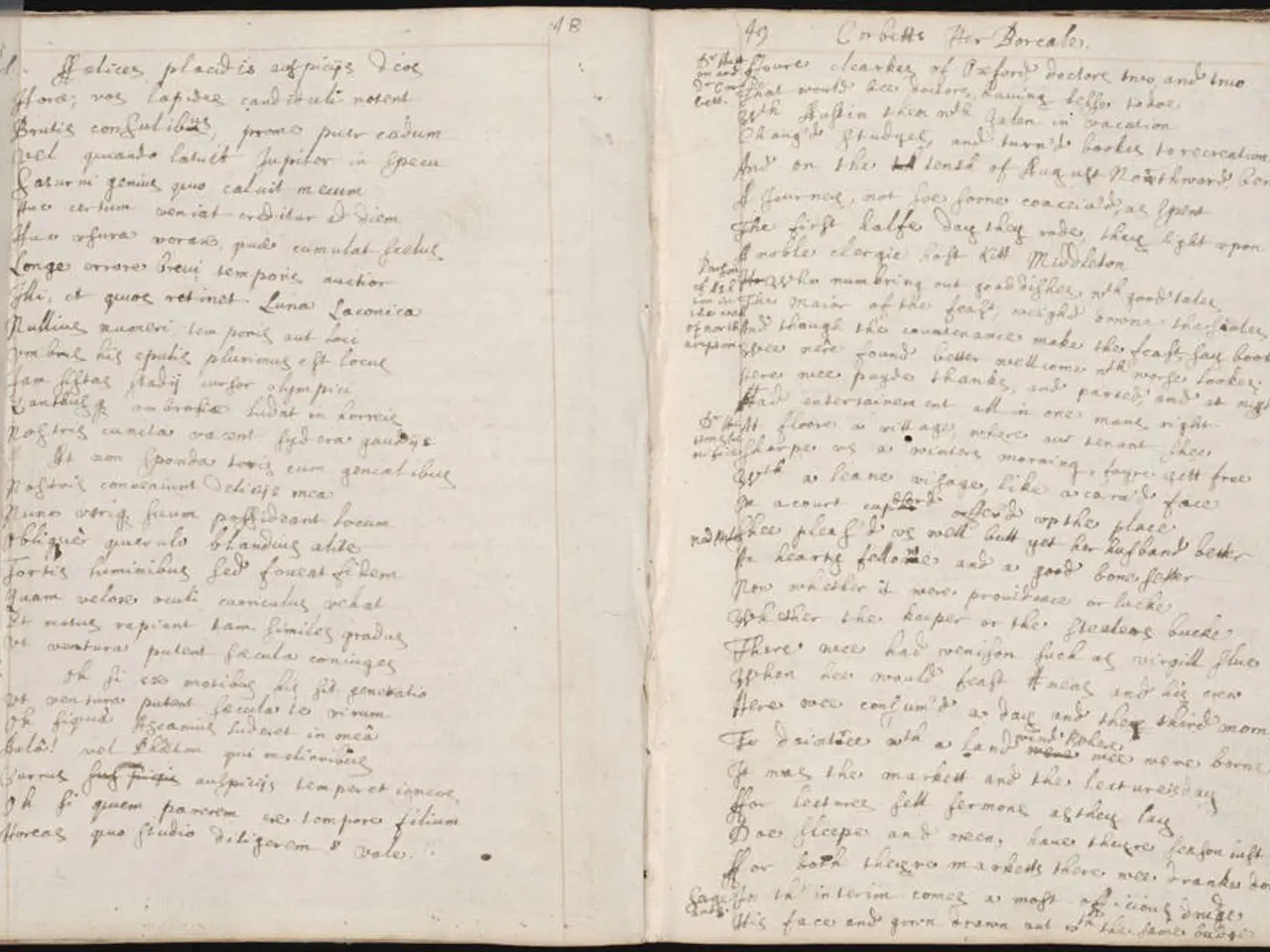Open-Book Examinations to be Introduced for Class 9 Commencing from the 2026-27 Academic Year by CBSE
The Central Board of Secondary Education (CBSE) has announced that it will be introducing open-book exams for Class 9 students starting from the 2026-27 academic year [1][2][3][4]. This decision aligns with the National Education Policy (NEP) 2020 and the National Curriculum Framework for School Education (NCFSE) 2023.
Open-book exams allow students to refer to textbooks, class notes, and other approved materials during exams, shifting the emphasis from rote memorization to critical thinking, comprehension, and application of knowledge [3][4]. The goal of this initiative is to promote higher-order thinking and move away from traditional learning methods.
The decision to implement open-book exams follows a pilot study conducted by CBSE, which showed strong teacher support for open-book assessments and confirmed feasibility in schools [1][3][4]. The framework for open-book exams will be recommended but not mandatory for schools, giving them the choice to adopt this approach [1][2].
This move is specifically aimed at promoting competency-based learning and reducing exam anxiety while improving conceptual understanding, consistent with the objectives of NEP 2020 and NCFSE 2023 [1][3][4]. However, challenges like ensuring quality question design and equitable access to resources, especially in rural or under-resourced areas, have been acknowledged [4].
The open-book exams will be for subjects like languages, mathematics, science, and social science. The success rates of the open-book exam pilot were not specified in the provided articles. Despite the low success rates reported by some sources, teachers were very optimistic about this change and supported this new approach [1][3][4].
This decision marks a significant step towards more student-centered and skill-based learning methods in India's education system. Open-book exams are expected to provide a more realistic and practical assessment of students' understanding and ability to apply concepts in real-world situations.
Education-and-self-development and learning are integral parts of the shift toward student-centered, skill-based learning methods in the Central Board of Secondary Education's (CBSE) introduction of open-book exams for Class 9 students. These exams aim to promote higher-order thinking, moving beyond traditional learning methods, and fostering a more comprehensive understanding, thus enabling students to apply their knowledge effectively in real-world situations.




